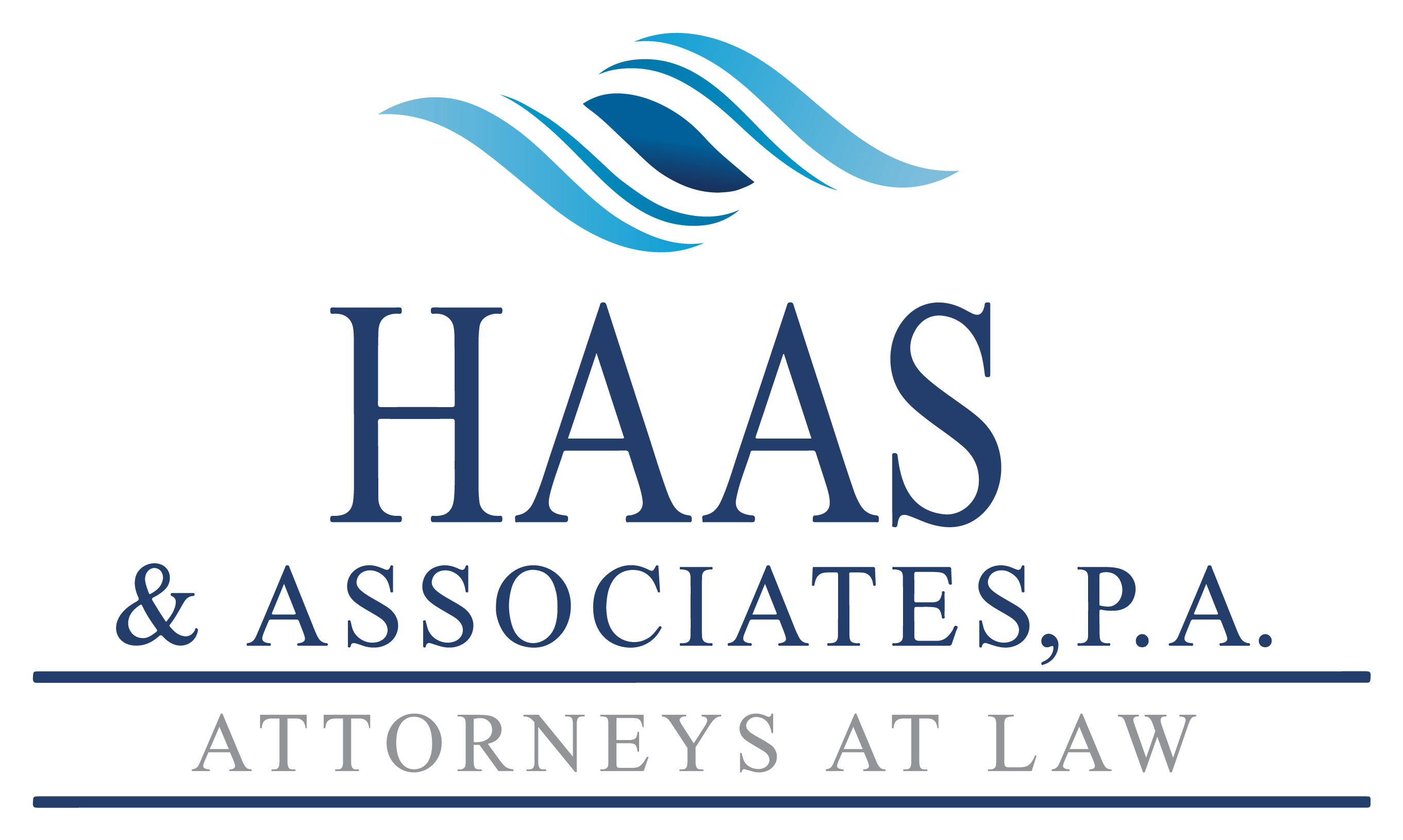The Equality Act
On Thursday, February 25, the House of Representatives voted to pass the Equality Act, and now it is heading to the Senate. The Act is meant to ban discrimination against people based on sexual orientation and gender identity. This Act has been decades in the making, and is an Amendment of the 1964 Civil Rights Act.
The legislation was originally passed in 2019 by the House, but was blocked in the Senate. However, the current impact on discrimination will be different this time due to a U.S. Supreme Court ruling in the case of Bostock v. Clayton County (2020).
In Bostock v. Clayton County, the U.S. Supreme Court ruled that the protections under the 1964 Civil Rights Act, on the basis of sex, would also extend to discrimination against lesbian, gay and transgender Americans. An example supporting the extension was that should a man be fired from his job due to having a same-sex partner (a male), he is being discriminated against based on sex. Would he have been a woman (with a male partner), he would not have been fired.
This Act would explicitly solidify protection against sexual orientation and gender identity discrimination instead of having that protection fall under the general “sex” protection. It would afford protection for LBGTQ+ Americans in employment, education, housing, jury service, as well as other areas. Additionally, it would expand the protection to federally funded programs, as well as “public accommodations” (with those accommodations including retail stores and sports/entertainment arenas). This means the Act would apply to businesses such as bakeries and florists, which have recently been the focus of discrimination cases.
The Act would be national, covering states that have limited anti-discrimination protections, or have no laws offering protection for the LGBTQ+ community. It will provide a more consistent interpretation and application of current laws that do exist.
The Equality Act will prevent a business from using the Religious Freedom Restoration Act as a defense to a claim made, or a challenge to the provisions of the Act. Some opponents argue that it limits the rights of people to defend themselves against claims of discrimination.
Certain religious groups argue it could halt free and reduced-cost lunches for children across the country who attend single-gender parochial schools, require church community halls to rent space for LGBTQ+ ceremonies, and threaten federal security grants for places of worship facing violence. In addition, opponents believe the passing of this Act, in the context of athletic participation, would violate a woman’s right to privacy and her safety in locker rooms and showers. Another argument is that it would cause businesses and organizations to utilize their services in ways which they believe are in direct opposition to their individual beliefs.
Proponents argue that there is no national protection for LGBTQ+ Americans, and that the piece-meal laws found throughout states are not sufficient. In 27 states, a person can be denied housing because of their sexual orientation or gender identity. They can be denied access to education in 31 states and the right to serve on a jury in 41, according to a statement released last week by the office of Rep. David N. Cicilline (D-R.I.), the chief sponsor of the measure. (excerpt from PowerPost, February 26, 2021).
The Act still faces an uncertain outcome in the Senate, in which sixty votes are required to break a legislative filibuster.
